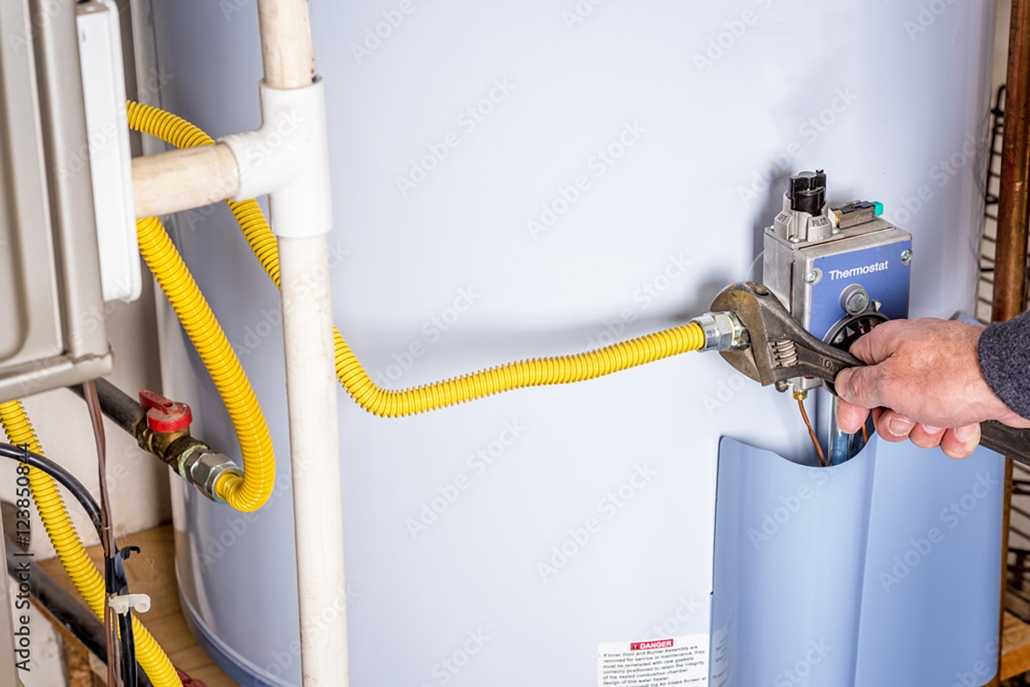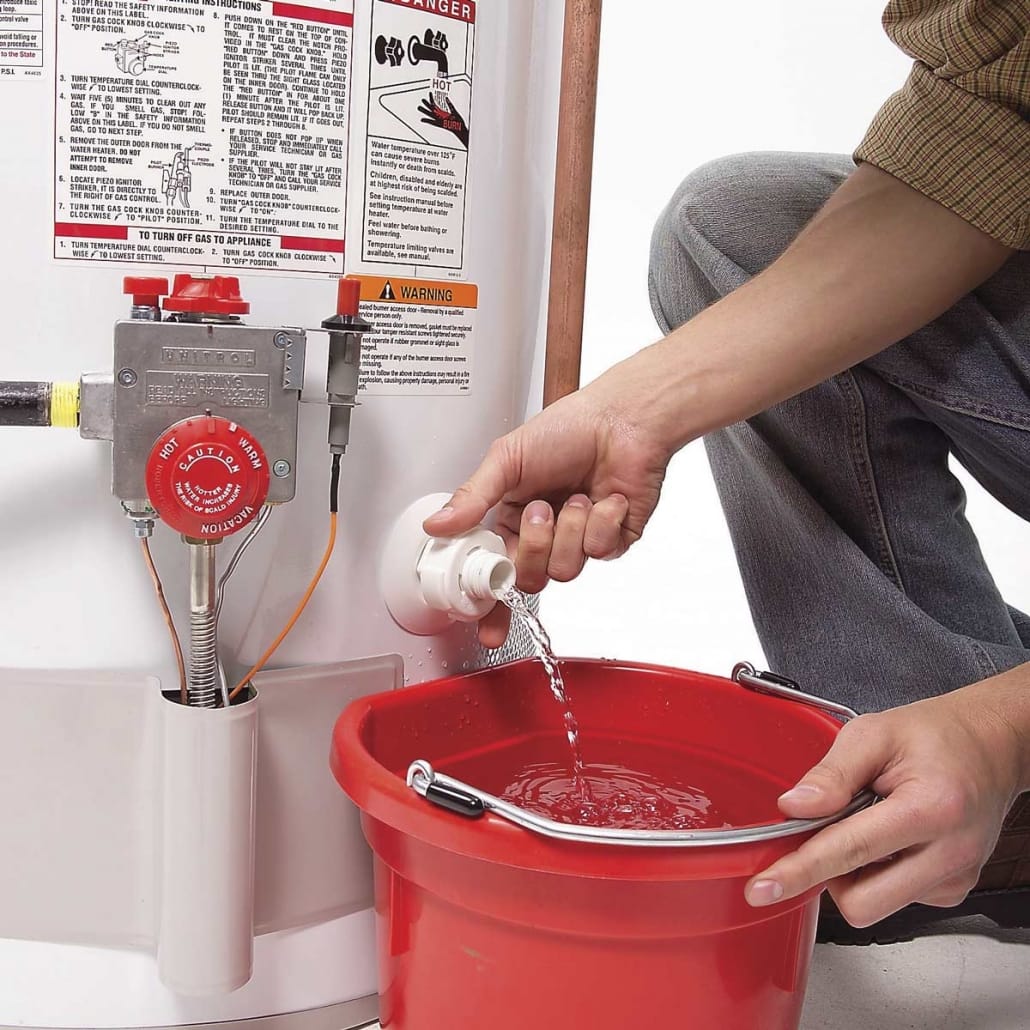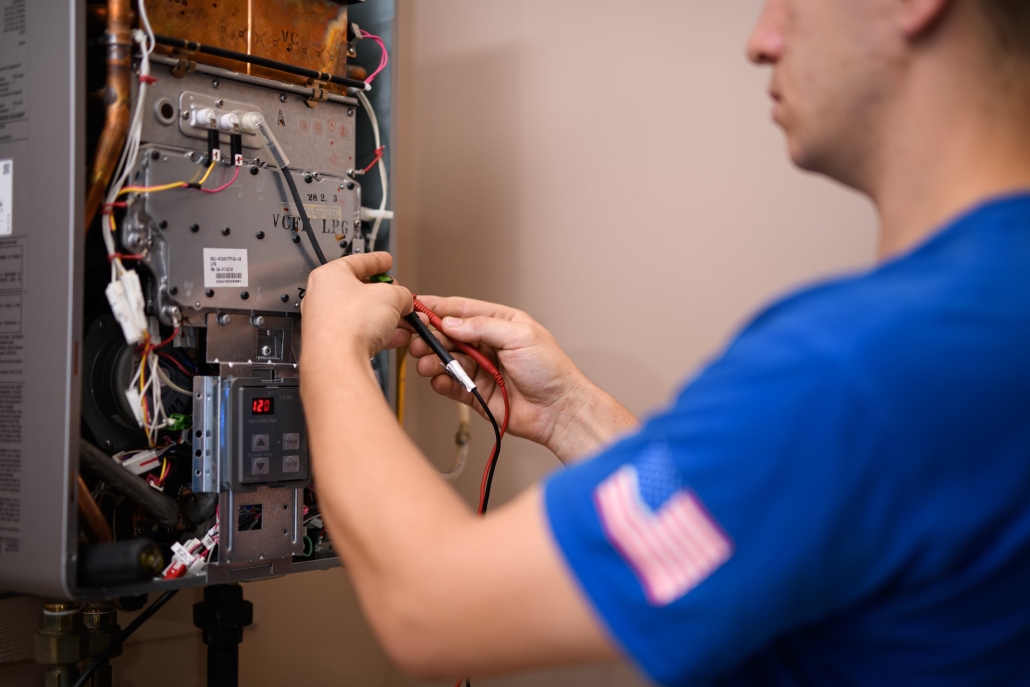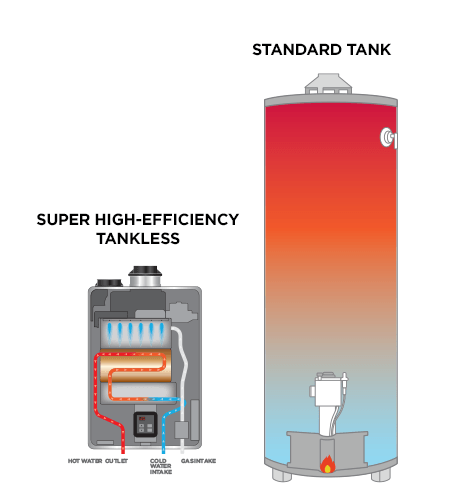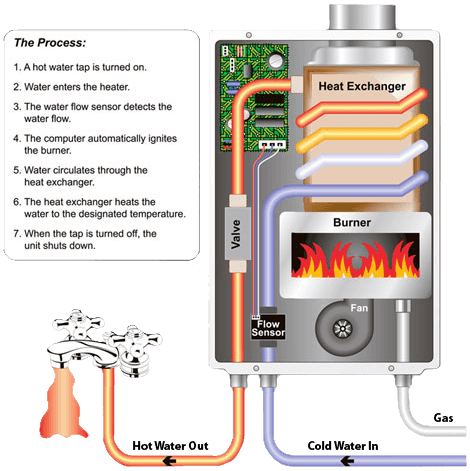Water Heater Troubleshooting
No—What Should You Do?
Is your water heater on the fritz? Few home issues can be as inconvenient as a non-functioning water heater. From cold morning showers to the inability to wash dishes effectively, the ripple effects of this problem can be felt throughout your household. But don't worry! This guide will help you understand what to do when your water heater fails, including temporary fixes, advice on purchasing a new unit, and whether to opt for a standard or tankless model.
What to Do When Your Water Heater Fails
Step 1: Assess the Problem
First, determine if the issue is something simple or a sign of a more serious problem. Some common indicators include:
- No hot water
- Reduced water flow
- Strange noises (like popping or banging)
- Leaks around the tank or piping
- Water that's too hot or lukewarm
Identifying these symptoms can help you or a professional plumber troubleshoot the root cause.
Step 2: Shut Off Power and Water Supply
For safety:
- If you have an electric water heater, you must turn off the circuit breaker in your electrical panel.
- If you have a gas water heater, you will need to turn off the gas supply using the valve located near the unit.
- Also, shut off the cold water supply by turning the valve above the water heater counterclockwise.
Step 3: Call a Professional Plumber
While minor troubleshooting can be performed, complex issues such as replacing heating elements, fixing leaks, or addressing gas supply problems require specialized expertise. A licensed plumber guarantees the job is done safely and efficiently.
Temporary Fixes for a Broken Water Heater
While waiting for repairs or a replacement, here are some ways to cope:
- Use an Electric Kettle: Heat water for washing dishes, cleaning, or bathing in smaller quantities.
- Outdoor Solar Showers: If the weather permits, portable solar showers can be a creative way to stay fresh. Perfect for camping enthusiasts!
- Visit a nearby gym or a neighbor's house: If you have no other options, consider using alternative facilities for showering temporarily.
Remember, these fixes are only stop-gap measures, and it's best to resolve the issue promptly.
Replacing Your Water Heater
If your water heater cannot be repaired or is nearing the end of its lifespan, you'll need to replace it. Here's what to consider:
Lifespan of Water Heaters
Standard water heaters typically last 8–12 years, whereas the new tankless water heaters can last 20 years or more with proper maintenance. If your unit is nearing or past these benchmarks, replacement is likely your best option to avoid future breakdowns.
Pros and Cons of Tankless vs. Standard Water Heaters
Tankless Water Heaters (On-Demand Systems)
Pros:
- Heats water only when needed, saving energy
- Unlimited hot water supply (no waiting for a tank to refill)
- Compact and saves storage space
- It may last up to 20 years with proper care
Cons:
- The higher upfront cost for installation
- It may require costly upgrades to your electrical or gas system
- Limited flow rate (may struggle to supply multiple fixtures at once in large households)
Standard Water Heaters (Storage Tanks)
Pros:
- Lower upfront cost
- Easier and less expensive to install
- Advanced models have improved energy efficiency
Cons:
- Stores and continuously reheats water, consuming more energy
- Limited supply of hot water; requires wait time to refill the tank
- Larger and requires more space
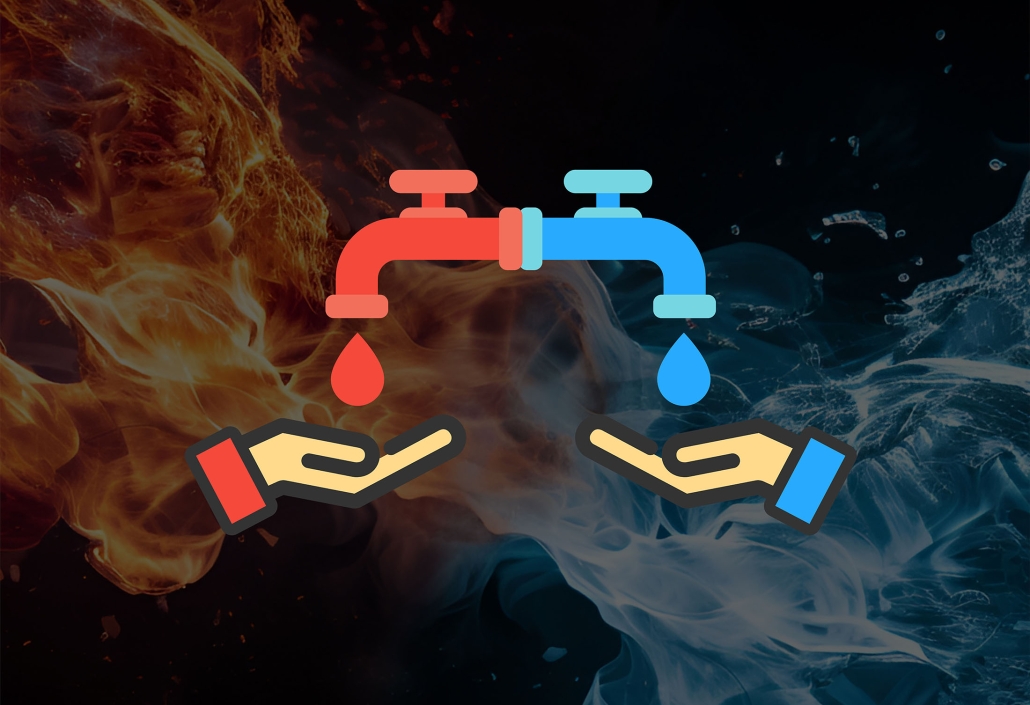
Steps for Purchasing a New Water Heater
Consider Your Household Needs
How many people live in your home? Large households may benefit from a traditional tank with a larger capacity (50+ gallons), while smaller households might enjoy the efficiency of a tankless model.
Evaluate Your Energy Source
Does your home run on gas or electricity? Tankless models lean towards higher efficiency if natural gas is available, but can require upgrades if switching energy sources.
Set Your Budget
A traditional water heater can cost $900–$2500, while a tankless water heater averages $1500–$4500. When comparing costs, factor in long-term energy savings.
Research Warranties and Features
Look for extended warranties and features like anti-scale devices or enhanced insulation to maximize your investment's longevity.
Hire a Trusted Installation Professional
Proper installation of any water heater is key to ensuring safety and efficiency. A licensed plumber can guide you through the process and ensure everything is up to code.
Maintain Regularly

To prolong your water heater's lifespan and maintain efficiency, flush it annually and check its anode rod every 2–3 years (for traditional tanks).
Need Help With Your Water Heater?
A broken water heater can feel like a disaster, but it doesn't have to be overwhelming. Whether you need quick repairs or are ready to upgrade to a new water heater, we're here to help. Our team of trusted professionals will assess your situation, recommend the best solution for your household, and ensure everything is installed correctly.
Don't wait—contact us today to restore your hot water and your peace of mind!

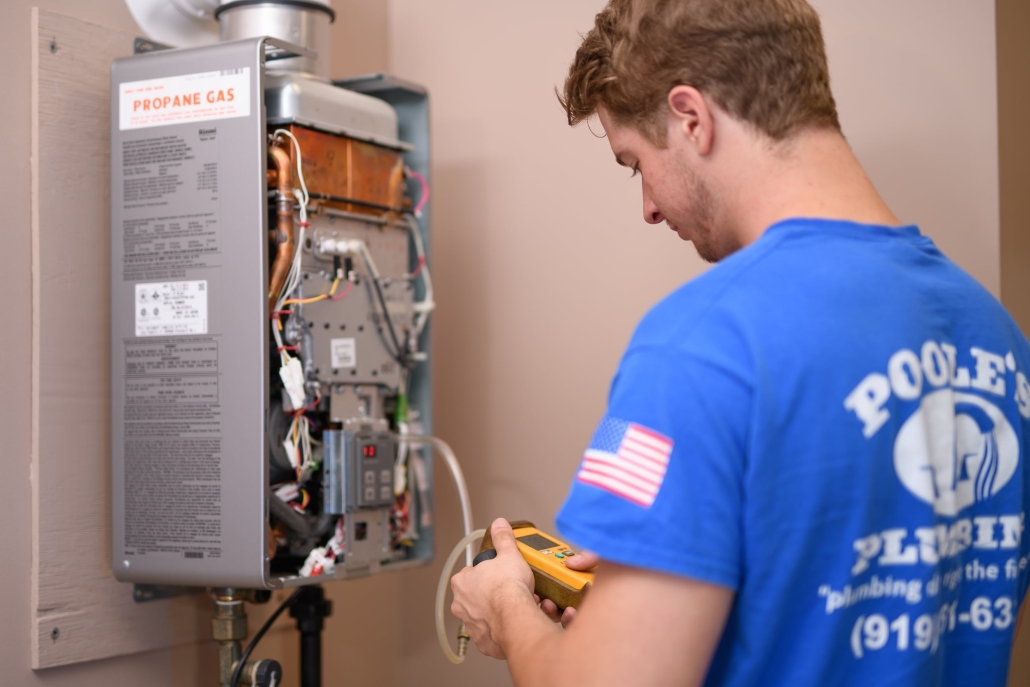
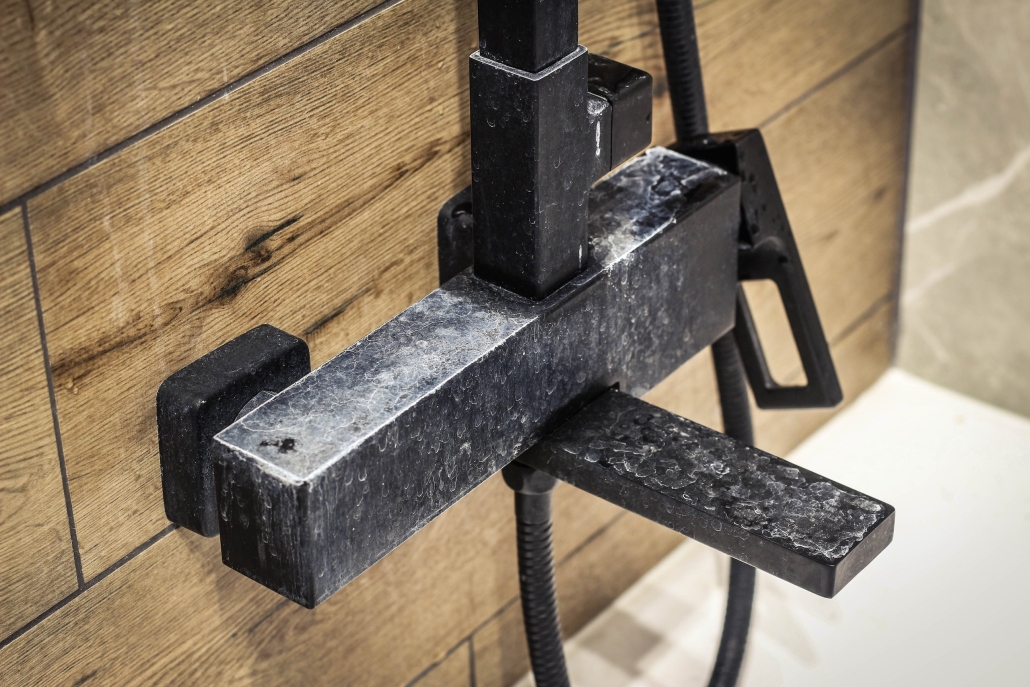
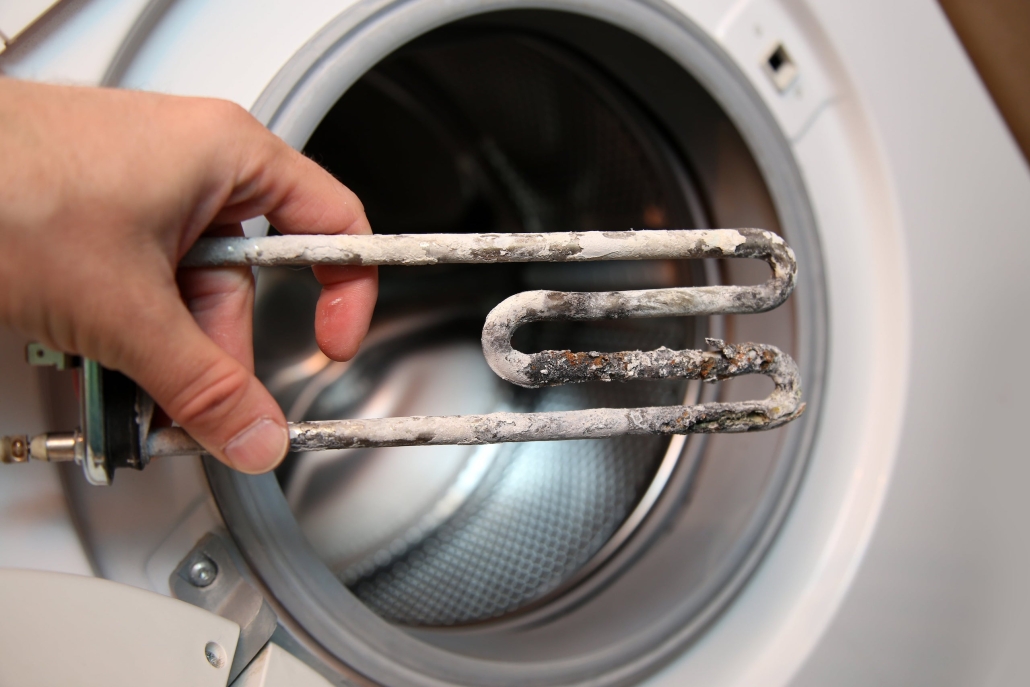
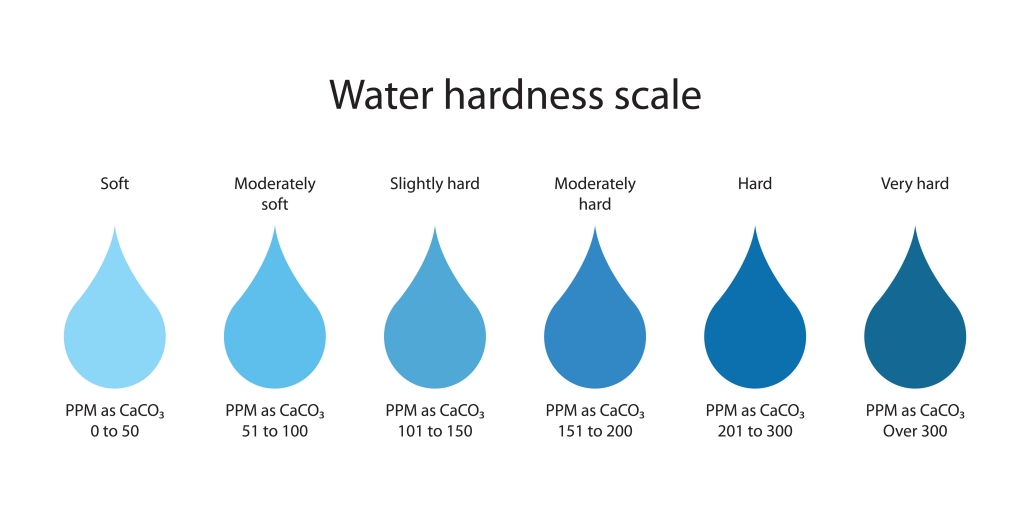
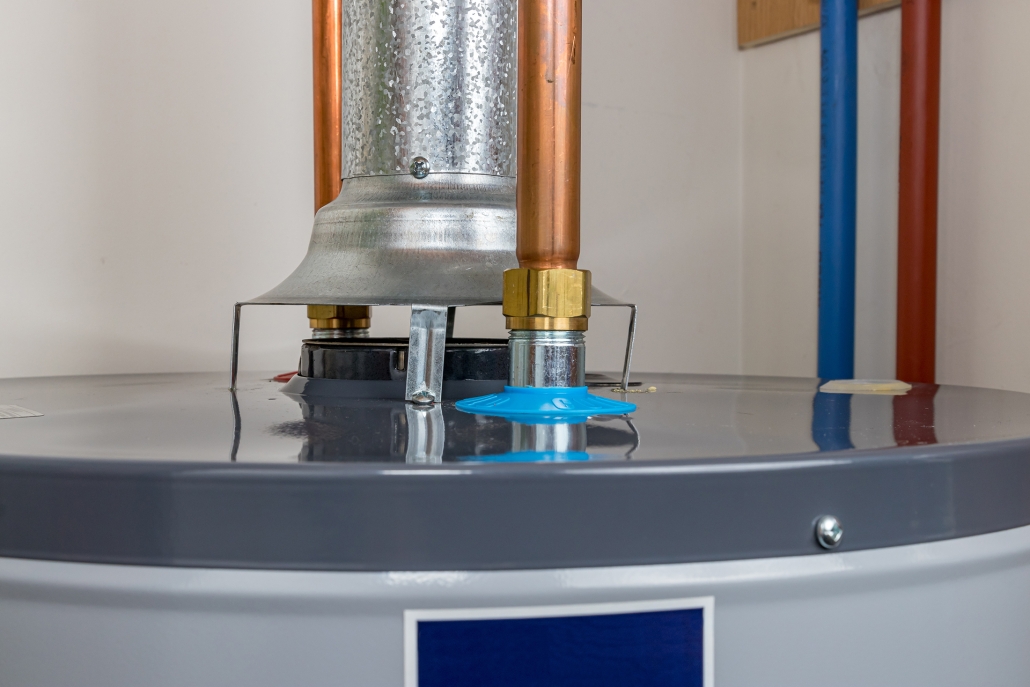
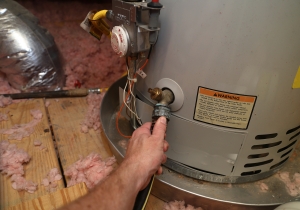 Water Heaters Available
Water Heaters Available